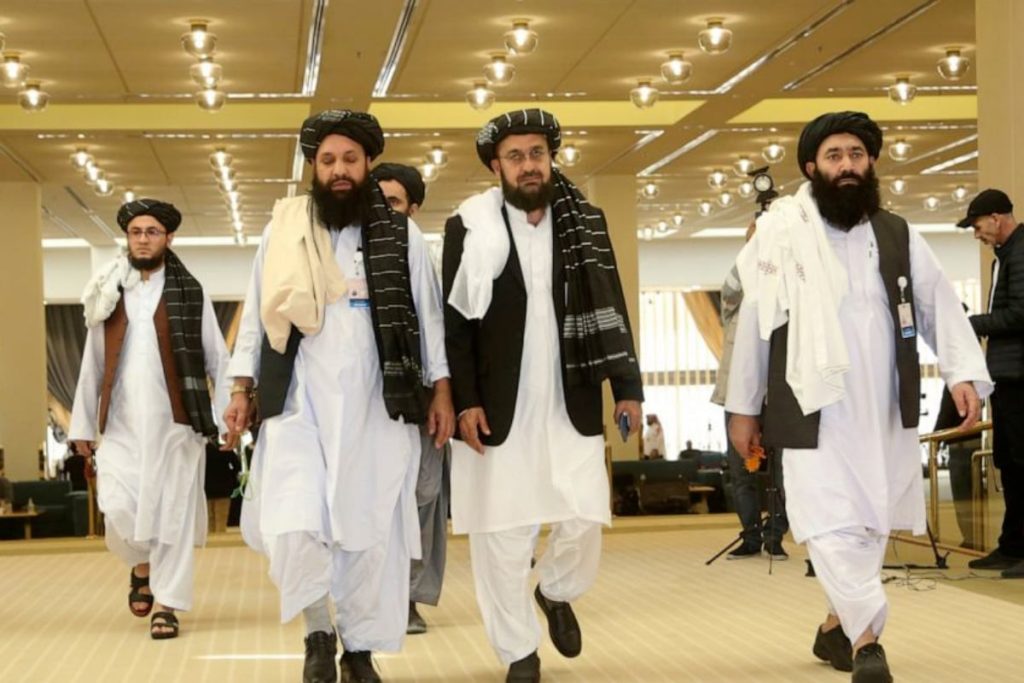The Afghan Taliban government has severed consular ties with many Western embassies, Kabul announced on Tuesday. This decision cuts off diplomats who were loyal to the former US-backed regime.
After the Taliban’s takeover in 2021, Afghan diplomats found themselves in a difficult position. They had pledged to serve a government that collapsed following the withdrawal of US troops. No country has formally recognized the Taliban government yet. Over the past three years, the Taliban have installed ambassadors in some neighboring embassies.
However, Afghanistan’s foreign ministry declared on Tuesday that it “bears no responsibility” for credentials like passports and visas issued by missions not aligned with the new Taliban rulers. The affected embassies include those in London, Berlin, Belgium, Switzerland, Austria, France, Italy, Greece, Poland, Sweden, Norway, Canada, and Australia.
“The Ministry of Foreign Affairs has repeatedly urged the Afghan political and consular missions in European countries to engage with Kabul,” a statement said. It added that most missions acted arbitrarily, without coordination, and violated accepted principles.
Afghans abroad should now deal with missions affiliated with the Islamic Emirate of Afghanistan, the Taliban’s official name for the country. Pakistan, China, and Russia have Afghan embassies operating under Taliban orders.
Embassies cut off from Kabul face financial difficulties. They rely on consular fees to pay salaries, rent, and bills. Without this income, staying open will be a struggle. The foreign ministry did not comment on its future plans for these ostracized embassies.
Since reclaiming power by force after a two-decade insurgency, the Taliban have campaigned to be Afghanistan’s sole international representatives. They have faced international condemnation for their treatment of women and have been denied an ambassador to the United Nations.
However, at UN-hosted talks in Doha last month, they represented Afghanistan. Civil society groups, including women’s activists, were excluded from the main talks. Opinions are divided among analysts, rights campaigners, and diplomats on whether to engage with the Taliban to soften their stance or freeze them out until they change their policies.


